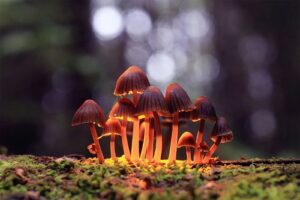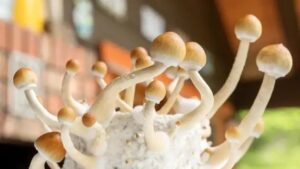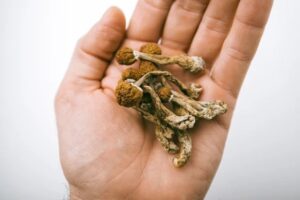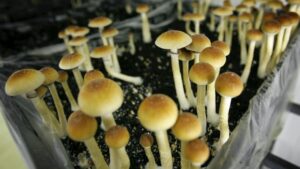
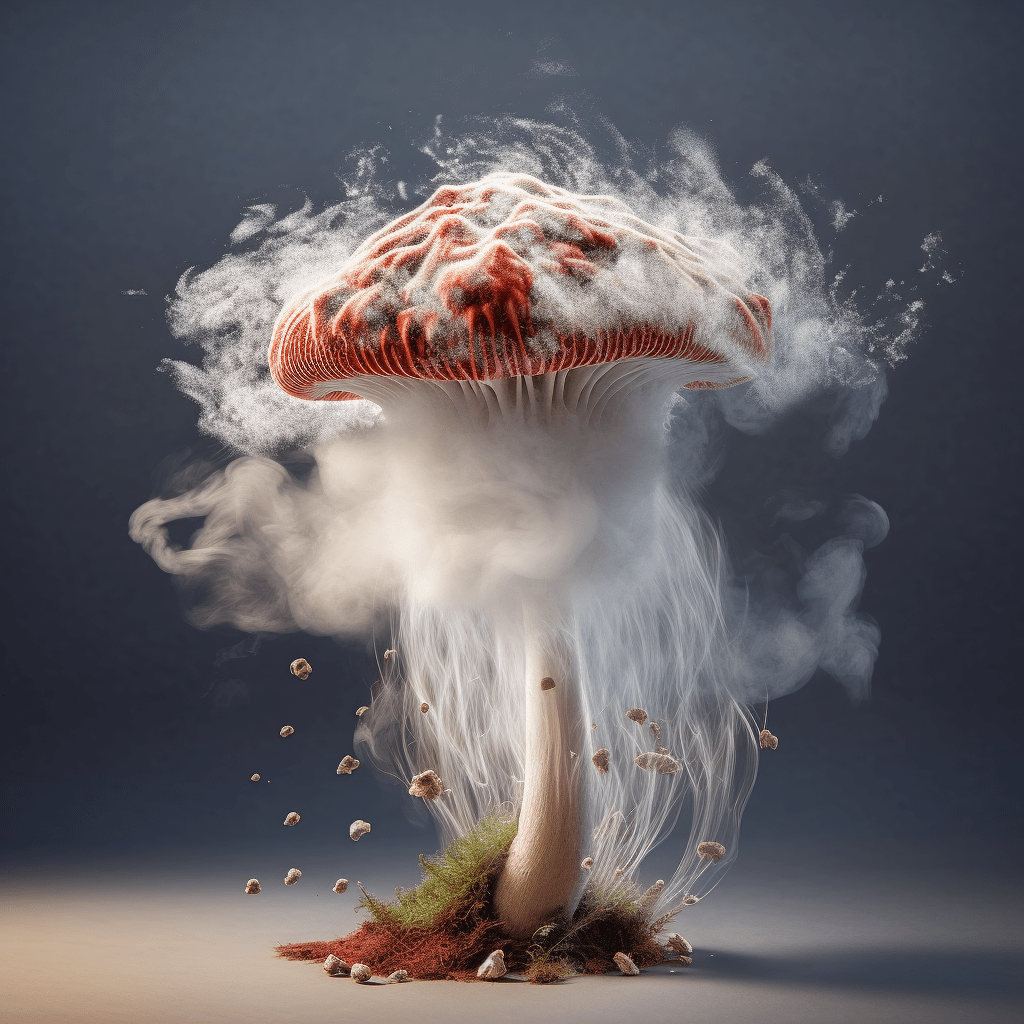
Magic mushrooms, also known as “shrooms” or “psychedelic mushrooms,” have been a subject of interest for millennia, from ancient religious rituals to modern psychopharmacological research. But with their growing popularity, especially in discussions around alternative therapies, a critical question arises: can magic mushrooms be toxic or lead to an overdose?
Magic mushrooms primarily contain psilocybin, a psychoactive compound that induces altered perceptions, feelings, and thoughts. There are over 180 known species of mushrooms that contain this compound, and they can be found in various parts of the world.
First, it’s vital to differentiate between toxicity and overdose.
There are several facets to this:
Species Differences: Not all magic mushrooms are created equal. While many species contain psilocybin, some mushrooms can contain other toxic compounds. Misidentification can be dangerous. Consuming a toxic species thinking it’s a psilocybin-containing mushroom can lead to severe poisoning, organ damage, or even death.
Contaminants: If magic mushrooms are cultivated in unsanitary conditions, they can be contaminated with harmful bacteria or other microorganisms leading to food poisoning-like symptoms.
Psilocybin itself has a relatively low toxicity, especially when compared to other substances like alcohol or opioids. Fatal overdoses from psilocybin mushrooms are rare. However, this doesn’t mean they’re risk-free:
Physical Risks: High doses can lead to nausea, vomiting, increased heart rate, and blood pressure, among other symptoms.
Psychological Risks: The primary risks of consuming magic mushrooms are psychological. They can induce anxiety, paranoia, hallucinations, and, in some cases, psychosis. Particularly in people predisposed to mental health disorders, a large dose might precipitate a psychotic episode.
Behavioral Risks: The altered state of consciousness induced by psilocybin can impair judgment, leading to risky behaviors. There have been reports of accidents or self-harm by individuals under the influence of magic mushrooms.
While the risk of fatal overdose from psilocybin mushrooms is low, the potential adverse effects, both physical and psychological, shouldn’t be downplayed.
Education: Ensure you’re well-educated about any substance you’re considering. Understand the risks and benefits.
Accurate Identification: If you’re foraging, the risk of mistaking a toxic mushroom for a psychedelic one is real. Always consult with an expert mycologist.
Set and Setting: If someone chooses to consume magic mushrooms, the environment and mental state play a massive role in determining the experience’s outcome.
Professional Supervision: With emerging research on psilocybin therapy, it’s worth noting that these sessions are conducted under strict supervision with pure, measured doses of the compound.
Magic mushrooms can offer profound experiences, and there’s burgeoning interest in their therapeutic potential. However, like all substances, they come with risks. Ensuring safety means being informed, cautious, and respectful of the power and potential of these natural compounds.


Chris Mitchem is the founder of Project Circle. Chris started Project Circle to help people live their best lives by controlling their depression, addiction, PTSD, and anxiety.


